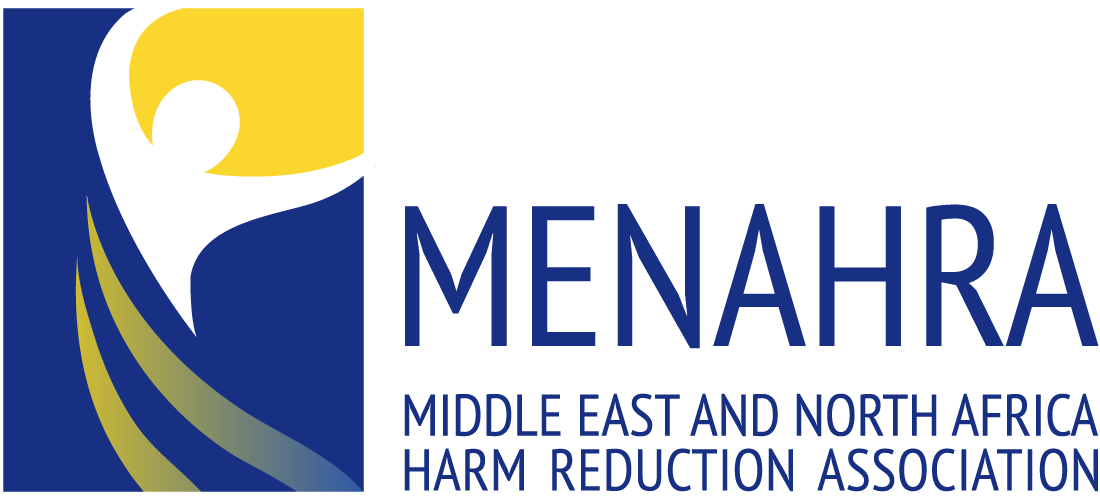History & Vision
Scaling Up Harm Reduction
MENAHRA, established in 2007, is a pioneering force in networking, capacity building, and program development for harm reduction across the MENA region. This visionary initiative evolved into an International Non-Governmental Organization, paving the way for positive change and collaboration.
Our Regional Reach
Unifying 20 Nations for Progress
With a comprehensive network spanning 20 countries, MENAHRA empowers communities through a Network Secretariat (NS) based in Beirut and dedicated Knowledge Hubs (KHs) and CSOs. Together, we champion the crucial role of civil society in implementing impactful harm reduction strategies.
History & Vision
Driving Our Strategy
MENAHRA’s strategy, spanning 2014 to 2019, was strategically designed across four core areas, each with specific goals

Strengthening MENAHRA's Core
Enhancing the performance and sustainability of the Secretariat and Knowledge Hubs.

Enabling Change
Creating a conducive environment for scaling up harm reduction initiatives.

Knowledge Empowerment
Promoting research, information dissemination, and capacity building for evidence-based harm reduction.

Supporting Excellence
Providing technical and management assistance to ensure high-quality harm reduction services.
Progress and Challenges
A Journey of Achievements and Hurdles
Throughout the 2014-2019 strategy period, significant strides were taken, and objectives were realized. Funding from the Global Fund and Robert Carr Networks Fund played a pivotal role in driving our accomplishments.
Paving the Way Forward Amidst Obstacles
While progress was achieved, challenges such as political instabilities, shifts in funding priorities, and evolving leadership hindered the full realization of our goals.
Fueled by Vision, Driven by Change
MENAHRA remains committed to its mission. As we forge ahead, we acknowledge our achievements, learn from challenges, and adapt to new dynamics, ensuring that harm reduction continues to be a beacon of hope across the MENA region.
Engage, Collaborate, Transform
Get involved today and be part of the transformation.
Join MENAHRA’s efforts in advancing harm reduction strategies. Contact us to learn how you can contribute.
